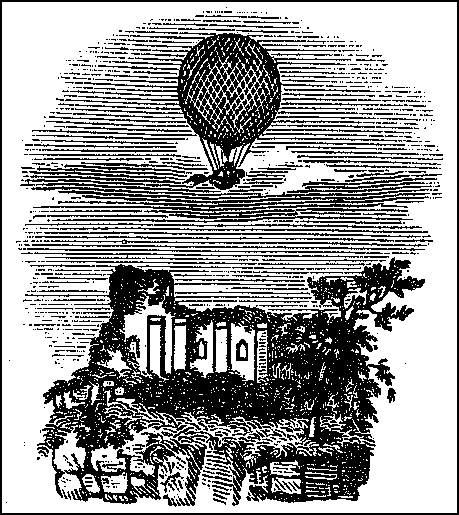Innocents
Within
Robert Daley
(Villard)
 The handsome pilot Davey crash-lands in 1944 Vichy France, in the Massif Central. He is carried by a local farmer to the house of the lovely eighteen-year-old refugee Rachael. Fortunately, the owner of the house --- Pastor Favert, and his wife --- have been called away to the local extermination camp, so Davey and Rachael are free to explore the terrain of their young bodies, in the rough farmhouse, in front of the fire, despite his many bumps, cuts and bruises, and despite her fast-fleeting innocence. It all brings to mind that old Massif chanson,
The handsome pilot Davey crash-lands in 1944 Vichy France, in the Massif Central. He is carried by a local farmer to the house of the lovely eighteen-year-old refugee Rachael. Fortunately, the owner of the house --- Pastor Favert, and his wife --- have been called away to the local extermination camp, so Davey and Rachael are free to explore the terrain of their young bodies, in the rough farmhouse, in front of the fire, despite his many bumps, cuts and bruises, and despite her fast-fleeting innocence. It all brings to mind that old Massif chanson,-
O the weather outside is frightful
But the fire is so delightful
And since we've no place to go
Let it snow let it snow let it snow.
- ...her face got red and her body squirmed and bucked, and when he had finished she murmured, "That was really nice."
- Toft's master's degree surprised Davey. "What subject?"
"American lit..."
"That's what I was studying too. You going to teach it, or what?"
"Maybe," said Toft, "if I get out of this thing." And then after a moment: "We're all in college still. The college of life and death."
"The college of life and death?" As they say in my favorite hamburger joint, Hold the mayo!
You can always tell when the author has researched WWII and the Nazis when he pops up with big words like Hauptfeldwebel or Obersturmbannführer. So, as antagonist to the Pastor, we are given Obersturmbannführer Gerhard Gruber who "was thirty-seven years old, tall and thin though a bit hippy." A bit hippy? Does that mean he smoked dope and wore beads in bed when he wasn't out murdering people in the streets?
His mistress, Claire, is a turncoat Frenchwoman. "Claire needed food --- scarce in Paris --- which he supplied," we are told: "His own needs were something else, which she supplied." Something else? Washing his uniform? Tying Gruber up for his weekly beatings? Tie-dyeing his shirts?
This is their night of passion:
Having felt for the ashtray on the bedside table, he rubbed out his cigarette. Claire did the same, and when they had slid down into the bed, she reached over and found his hand, which was nice.
As Miss Dillard, our English teacher, would scrawl in the margin,
What was nice? His hand? Finding his hand? Sliding down in bed? Doing the same? Rubbing out cigarettes? Feeling for the ashtray?
The publishers tell us that Daley has pumped out some twenty-five books previously. It's our guess that they are all the same novel, under different titles, with new names for the characters. Despite the hippies, between the schools of life and death, under the hot, dark covers --- we suspect we'll find the same old shake, rattle, 'n' roll, which must be, he would want us to believe, rilly nice.